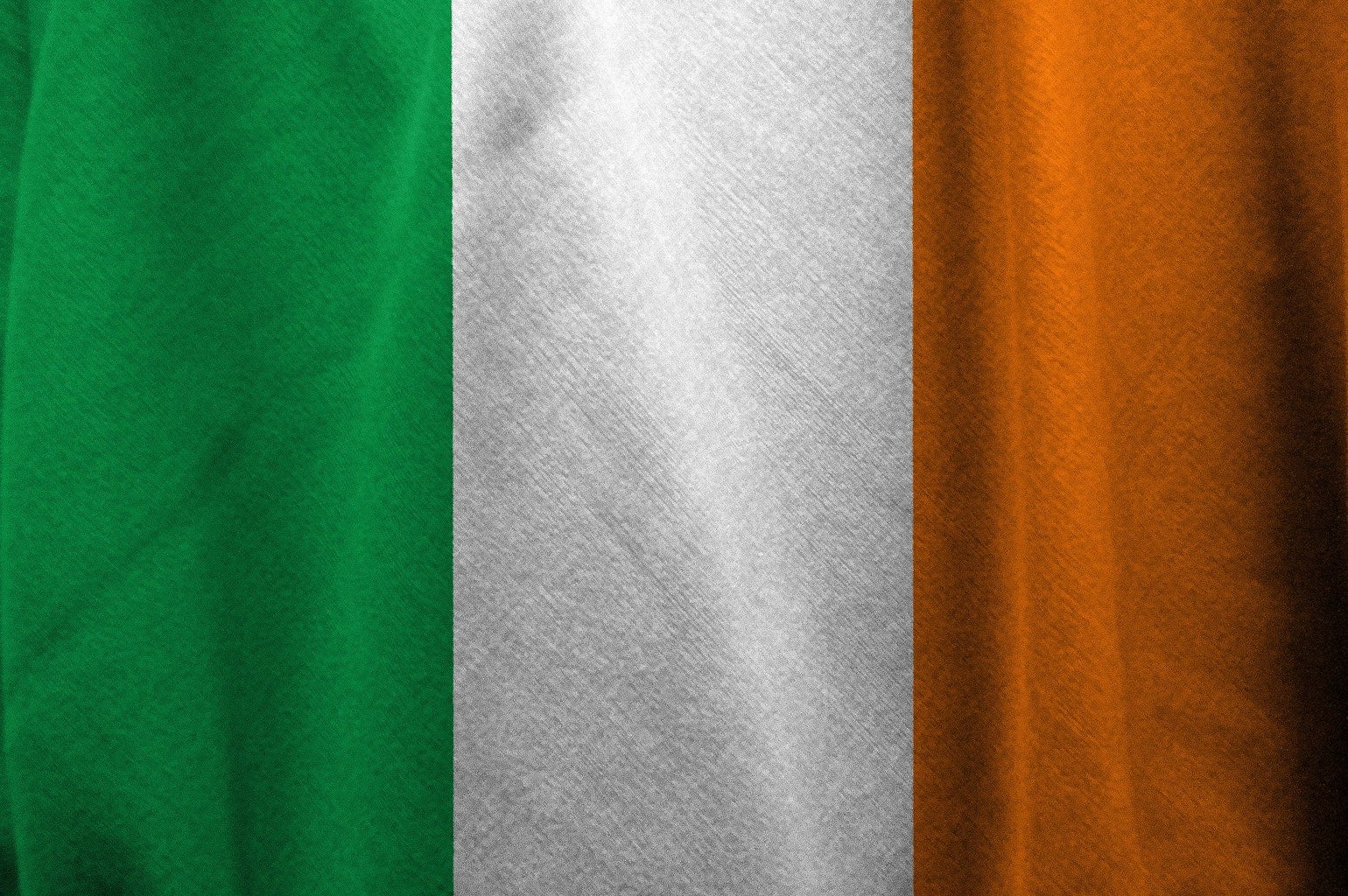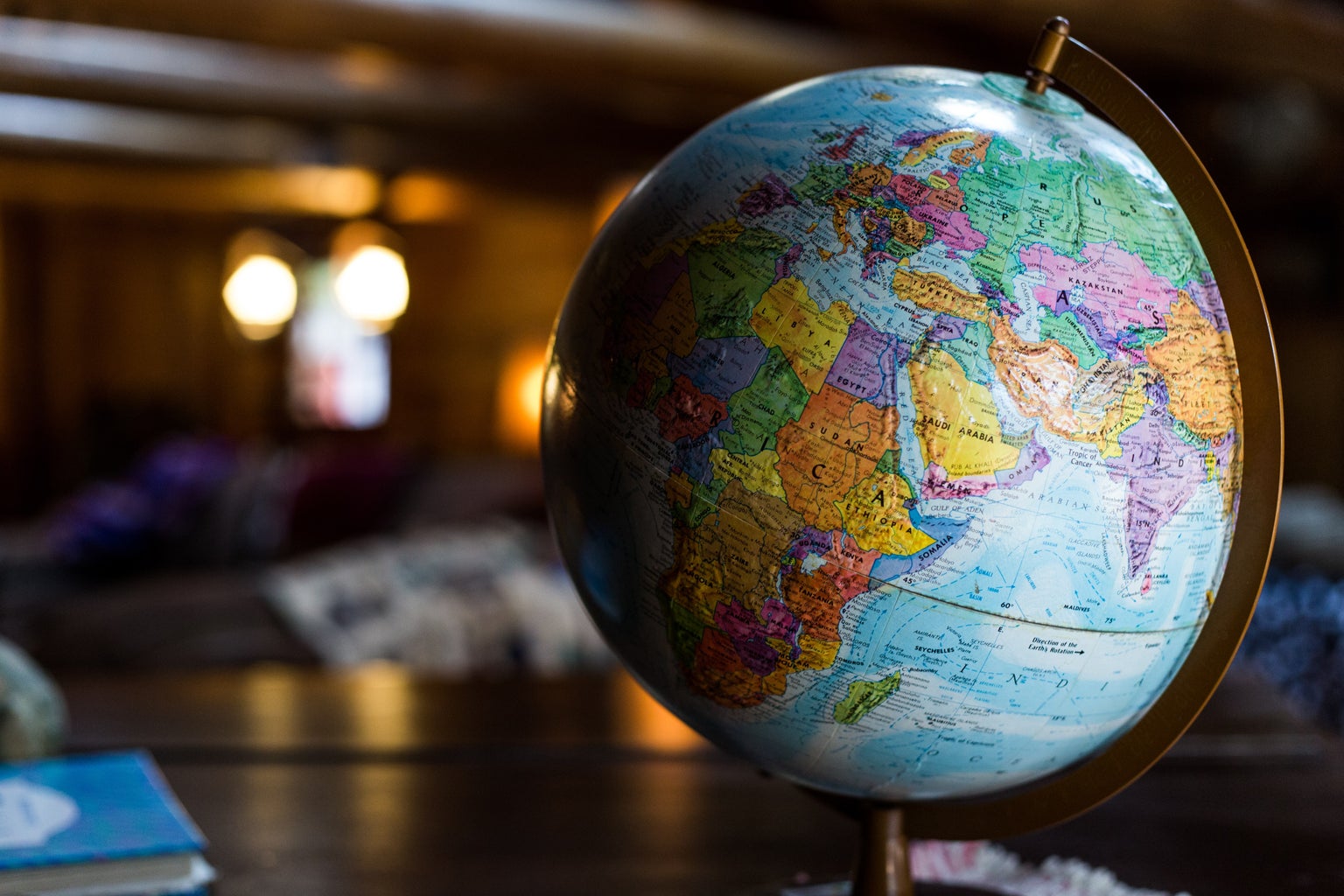Being mixed-race, there are two truths that you have to accept growing up. One, no one will ever be able to tell where you’re from, and two, you won’t exactly fit in either community.
Growing up with a mother who emigrated from Northern Ireland, my bedtime stories consisted of what her childhood was like before she moved to the United States. Littered amongst her recollections of fond memories from grade school were stories of hiding underneath her childhood bed from potential bomb threats and home invasions from Protestant police officers.
Though she talked about living during a time of war, I never knew the entirety of the situational division in Northern Ireland. Despite being raised by my Irish Catholic mother, I didn’t know much about Irish history, which made me feel disconnected from my heritage. Out of all my maternal relatives, my sister and I are the only two not to be baptized or take Irish dance classes. So even though we were born Irish, in a way we weren’t raised Irish.
It’s probably important to mention that I’m also half-Indian, which is even harder to recognize since you wouldn’t know unless I told you. While I struggle to connect with my Irish family, it can be even harder to connect with my Indian relatives because I don’t exactly look like I belong.
At least with my Irish relatives, I could smile and nod before my American accent exposed that I didn’t fit in. However, my relatives in India could point me out before I even spoke. Even if I looked more Indian, I still didn’t know Hindi or the latest Bollywood film. Did that make me less Indian?
In an attempt to feel closer to one-half of my heritage, I decided to watch the movie Belfast — a film that discusses the war in Northern Ireland, otherwise known as “The Troubles.” While I knew that I would feel closer to my Irish family after watching the movie, I didn’t anticipate such a personal connection with the message of the film.
While others criticize Belfast for not delving deeper into the troubled government of Northern Ireland, I appreciate that the religiously motivated division is not at the forefront of the film. Instead, it acts as a background to the frivolous love story between the protagonist Buddy and one of his schoolmates. Despite the prevalence of the war in Ireland, Buddy is still just a kid who is oblivious to the gravity of the situation. The child-like perspective also gave me an opportunity to feel closer to my mom, who was a similar age at that time in the war.
While the discrimination against Catholics in Northern Ireland is introduced as background noise at the beginning of the film, the issue becomes more significant as it comes to the attention of Buddy.
It starts with him stealing from a Catholic-owned supermarket to appeal to his cousin in an Irish gang, and then Buddy receives an IR uniform as one of his Christmas presents. His older family members teach him to only befriend those with “Protestant-sounding names,” like Billy or William, and to stay away from names that sound “too Catholic.”
The movie revealed that the division of the nation was the result of a dispute over the acceptance of either Protestant or Catholic practices. As a country with an intertwined relationship between Church and State, the practices of the Church are deeply embedded within Irish culture. However, the targets of the attacks in Ireland notably change throughout the film. They are initially only directed toward Irish Catholics, but they later include all Irish citizens who aren’t willing to go to extremes to prove they are “real Protestants.”
The concept of proving one’s nationality stuck with me throughout the film. I found myself asking: What does it mean to be Irish? Is a name all that it takes to determine where one belongs? Even if I could fully assimilate into one culture, would I be accepted by the others? Somehow, it feels as though I could do everything, and it still wouldn’t be enough.
Behaving a certain way or partaking in certain practices shouldn’t determine whether or not one belongs in their culture. The beauty of belonging to a culture is that you shouldn’t have to prove that you belong. You should just be accepted. However, social media has invalidated individuals who don’t adhere to stereotypes by using derogatory language like “white-washed” to describe people of color who are accused of being Americanized.
I may not speak fluent Gaelic, but I wear a traditional Claddagh ring every single day. And although I cannot say I go to temple, my father taught me about Hinduism through Hindi children’s books that I plan on reading to my children one day. I may not look Indian or speak with an Irish accent, but that doesn’t make me any less of either.
While I may not participate in every Irish and Indian tradition, my culture is still embedded into my everyday life and has made me who I am today.
Want to keep up with HCBU? Make sure to like us on Facebook, follow us on Instagram, check out our Pinterest board, watch us on TikTok, and read our latest Tweets!




